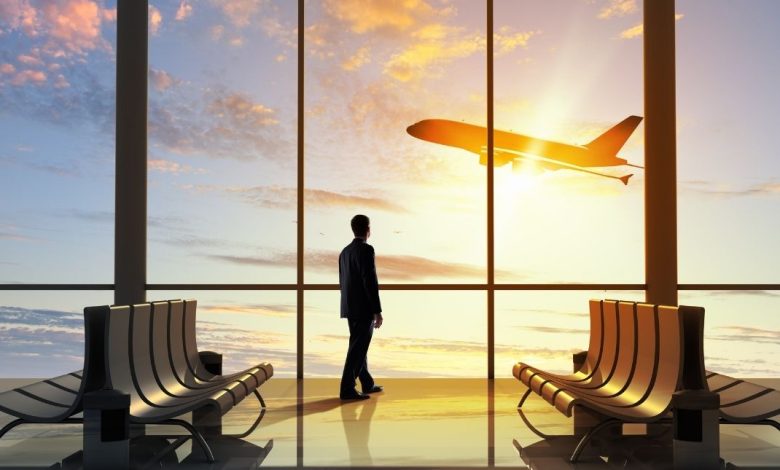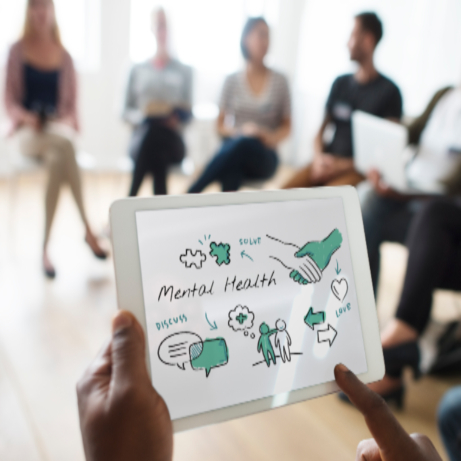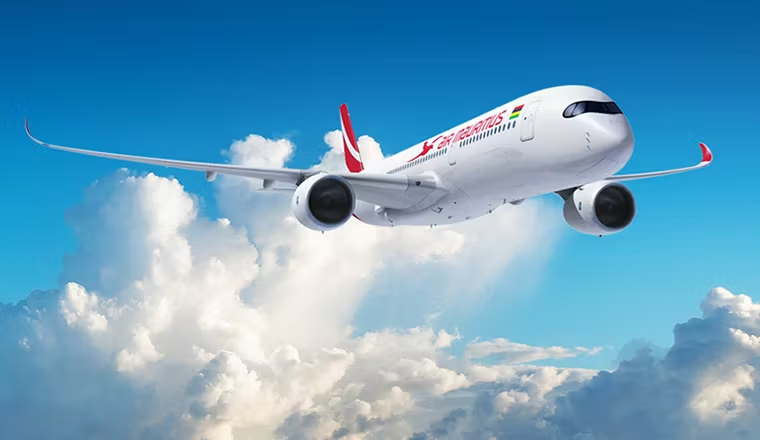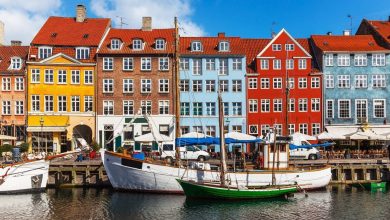The Omicron Variant and New Travel Restrictions: What We Know

In reaction to a new form of the coronavirus spreading in southern Africa, the United States is imposing travel restrictions. According to a senior Biden administration source, the limits to take effect on Monday are an abundance of caution.
The World Health Organization has designated this strain, B.1.1.529, as a concern variation and has given it the label omicron. It’s the first new worry variation since delta.
The Centers for Disease Control and Prevention reported Friday night that no instances of Omicron have been discovered in the United States yet, but that the agency has put in place monitoring tools and anticipates the variation to be recognized if it does appear.
The World Health Organization has designated a new SARS-CoV-2 variation, which was initially being detected by experts in South Africa on November 24, as a “variant of concern” (VOC) (WHO). Many nations have reported cases, including Belgium, Hong Kong, Israel, the United Kingdom, Germany, and Australia.
SARS-CoV-2 viral variants are not uncommon. A virus’s goal once inside a person is to tell the human host’s cells to generate copies of the virus, which then infect other cells and ultimately other individuals. Mutations are random flaws in the virus’s DNA that arise during replicating as it quickly increases its genetic material.
The majority of mutations are non-viable for the virus, meaning they may hurt it; others are viable but not helpful to the virus; however, changes provide.
The new virus – now known as a variation – an advantage over existing variants can occur repeatedly.
South Africa has a poor vaccination rate, with just around 35% of the population wholly vaccinated, and Botswana, where the virus is likely to have originated, has an even lower vaccination rate due to worldwide vaccine inequity. If Omicron did come from Southern Africa, this might be one of the reasons.
So far, they know a bit of the COVID-19 Omicron version.
Disease transmissibility and severity
According to a Discovery Health study:
- The efficacy of the Pfizer vaccination against infection reduced to about 30% for the Omicron variation, compared to roughly 80% for the varieties preceding Omicron.
- However, in the cohort studied, COVID-19 provided 70% protection against hospital admission (down from 90% during the last spike of delta in South Africa), demonstrating that the vaccination still keeps people out of hospitals.
- Nonetheless, none of us will be safe until they are all safe — the vaccine must be given to as many people as possible throughout the world. The danger of mutations and the continuation of the pandemic remain quite significant without vaccination equity. According to the World Health Organization, 41 nations have yet to vaccinate 10% of their population, while 98 countries have yet to achieve the 40% milestone.
Prevention
- All COVID-19 variations may cause severe illness or death, especially in the most fragile persons; thus, prevention is always the best option. The danger of the healthcare system exemplifies this.
- Instead of masks, separation, ventilation, or hand hygiene, vaccines aren’t being used. Do everything, and do it regularly. Make an excellent job of it.”
- They maintain a 6 foot (2 meters) distance from others, wear a mask, avoid ventilation systems or crowded spaces, and keep windows open to continue increasing ventilation.
- When possible, washing hands, coughing or sneezing into a bent elbow or tissue, avoiding touching your face, and getting vaccinated when available are the most effective steps for people.
Travel restrictions as a result of Omicron
Based on recent restrictions, travel and tourism will continue. Travel restrictions are constantly changing, affecting demand. Not so much a lack of desire among visitors who would typically attend regardless of the outbreak. or apprehension of
Southern African economies, for example, are projected to be hit more than other economies.
Direct flights from Delhi to USA has increased due to recent travel restrictions in the US, boosting confidence among consumers and industry players.
Is it true that travel limits protect public health?
Travel restrictions are ineffective at preserving public health while balancing the need for continued economic growth. Instead, countries should adopt a risk-based strategy.
Is it safe to go by plane?
Air travel has to be safe during the epidemic. However, many nations continue to demand testing and immunization to guard against COVID-19 transmission throughout the travel process.
What influence does a changing travel sector have on businesses?
The following factors will continue to influence the travel and tourist industry: Multiple allegations have surfaced of travel limitations imposed.
The new Omicron COVID-19 version disadvantaged the travel and tourist industry, threatening to shut small and medium-sized firms.
As much as virtual has benefitted the global business in the last two years, in-person meetings offer several benefits. Business excursions are eagerly resuming, and the landscape and international harmonization are absent. The World Economic Forum and others are working to clarify the environment using frameworks and digital technology.
What are the most pressing issues confronting businesses?
The main hurdles to far have constantly been changing legislation and travel restrictions. Even at the best of times, it may be challenging to manage, much alone for firms with worldwide operations who need to keep their employees safe and secure during COVID-19.Dallas to India flights shaming has become a response to flying amid a worldwide epidemic, and there is a pushback. Travel costs have risen dramatically due to a drop in aircraft frequency, which is partly attributable to travel prohibitions and the increasing expense of COVID-19 testing before travel.
What can companies do to respond to current events and plan for the next year?
Companies and teams have acclimated to virtual gatherings, so business travel will take longer to recover. However, most CEOs are eager to return to in-person convening and meetings with partners and customers.
Because business travel expenditure is the greatest in many countries, it is crucial to global economic growth; enterprises should consider responsibly supporting the return to travel.
A new report from the World Economic Forum addresses climate, health, and socioeconomic threats. The epidemic has emphasised the need for future travel and tourist competition in many respects.
Businesses that spend a lot on business travel should consider adopting more robust and sustainable practices. Aviation and tourism continue to benefit global commerce and economies, but they should be responsible.
Read This Topic – 8 Things to do in USA to keep you enthralled throughout the trip






